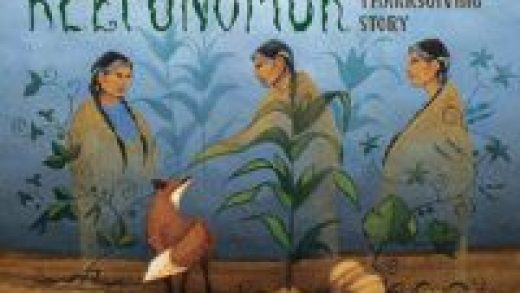The past twelve months have been incredibly troubling — so staggeringly hard, so tragic, so challenging — but we have not walked alone.
As a historian, I know we’re at our strongest if we look forward and back. Through 70,000 years of our shared human experience, we’ve been forced to deal with plague, pandemic, isolation, trauma, and fear of the unknown. And we’ve tried, together, to find solutions and paths through phenomenal life challenges. Because we often create our way out of a crisis, we can see the way women and men across the world have worked through big life questions in science, technology, art and culture from prehistory to the present.
When the pandemic locked us up a year ago, we had to travel in our minds. For me, less time on the road meant more inspiring digital conversations with friends. Exploring Google Arts & Culture’s online collections, I wanted to spend a few minutes — a brain-refreshing tea break — to call on the know-how of friends and experts and dive into some of life’s big questions.
So we came up with When it comes to understanding the power of human storytelling, who could be better to call upon than award-winning author Margaret Atwood? She and I delight in some of the earliest evidence of human creativity by exploring the ancient Chauvet Cave paintings in France. These people weren’t just recording what they saw: They were recording their imaginations, creating epic visual narratives.













